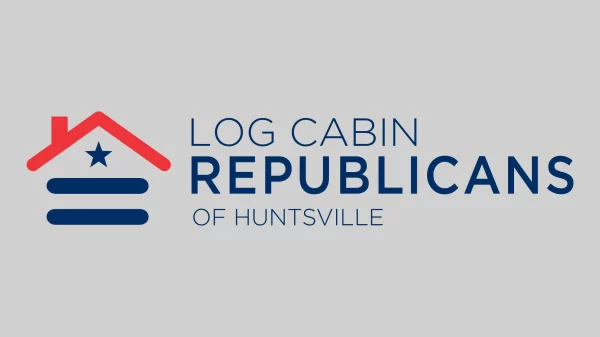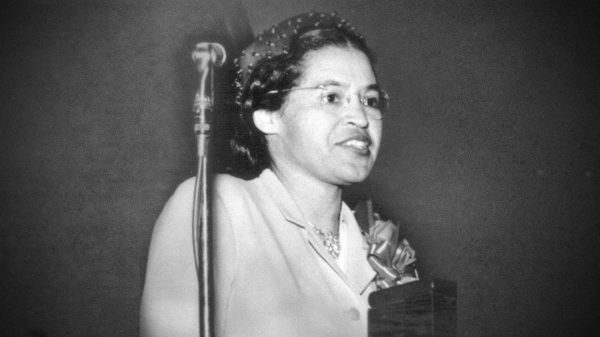|
Getting your Trinity Audio player ready...
|
The Alabama State Conference of the NAACP believes an Alabama law that went into effect in October that eliminates diversity, equity and inclusion programs on college campuses and restricts what professors can teach on matters of race is purposefully harmful to minority students and that the law serves no benefit to white students.
Benard Simelton, president of the Alabama State Conference of the NAACP, told the Alabama Politics This Week podcast that his organization filed a federal lawsuit against the new law because it has already proven harmful to students on college campuses in the state.
“This lawsuit is to address what we’re really considering the illegal action by the state to take away some of the things that were offered to minority students on the campus of University of Alabama and other campuses across the state,” Simelton said. “It’s essentially eliminating the opportunity for these students to have access to programs that will help them succeed in college. That can be anything from a physical space where they can join together and communicate and talk and come up with plans to just funding that goes to these students because they are a student organization on the campus of the University of Alabama – on the campuses of universities across the state.”
The NAACP Legal Defense Fund and the American Civil Liberties Union of Alabama filed the lawsuit on behalf of Simelton’s organization, and on behalf of several students and professors at the University of Alabama and UAB. In addition to raising questions about the legality of blocking DEI programs, the lawsuit also claims that the new law encroaches on the First Amendment rights of students and professors by banning the teaching of “divisive concepts.”
Simelton said “divisive concepts” is a code word for topics that delve into sensitive matters of racial history, particularly where a more accurate and thorough history of slavery, Jim Crow and other discriminatory practices are tied to the causation of poverty, incarceration rates and homelessness.
But he said the NAACP’s primary concern, at least in the immediate future, is ensuring that minority students – many of whom can feel overwhelmed and out of place on a college campus, resulting in academic struggles – get the reasonable assistance they need to feel welcome and comfortable.
“We are hoping that the state relooks at this bill, relooks at this law and at least goes back to modify it to where it does not impact students and faculty the way that it is,” Simelton said. “The DEI programs at these institutions have been a tremendous help to students, students of color. And to take that away takes away a part of what makes a student’s experience at a university worthwhile. They want to come there and get a good education, but you’re taking away some of the things that help them to matriculate and to make it through these universities.”
Simelton also said that his organization could find no evidence — and that no evidence has ever been offered by lawmakers — that white students were harmed, denied resources or otherwise inconvenienced by the DEI programs on college campuses.
The state’s anti-DEI law prohibits universities, public school systems and state agencies from sponsoring DEI programs. That includes classes, training, programs and events where attendance is based on a person’s race, sex, gender identity, ethnicity, national origin or sexual orientation. In addition, the law prohibits certain divisive concepts, including that a person “should feel guilt because of their race or that fault, blame or bias should be assigned to people based on race, religion, gender or national origin.”
In practice, however, the law has been a “nightmare,” according to complainants named in the lawsuit. Among several examples of overreach, a social work professor said she was threatened with termination if she didn’t agree to cancel a lesson in which students studied the negative impacts of the anti-DEI law.
To listen to Simelton’s interview and for more political news and rational discussions, you can listen to the Alabama Politics This Week podcast at its website or subscribe on all podcast platforms.





















































